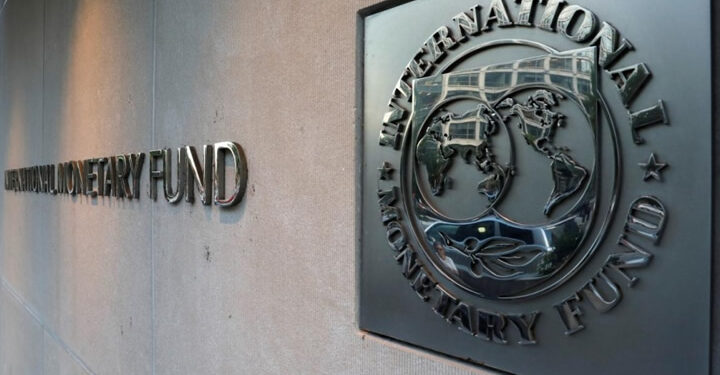In a recent interview on Arise News Television’s Global Business Report show, Ari Aisen, the Resident Representative for the International Monetary Fund (IMF) in Nigeria, discussed the crucial factors that could attract more investments into the country. Aisen’s insights centered on the importance of lower inflation rates and predictable exchange rates as catalysts for economic growth and stability.
“If inflation can get lower and the exchange rate is more predictable, then investments can actually start coming into Nigeria. There are very green shoots of possibilities for the country. The potential has been there and will continue to be there,” Aisen remarked during the interview.
Aisen underscored the Nigerian government’s need to implement appropriate policies aimed at reducing the state’s financing needs. He particularly highlighted the significance of fiscal policy adjustments, pointing out the removal of fuel subsidies as a pivotal step in this direction.
“It is very important that policies are put in place, particularly fiscal policy, to reduce the financing needs of the government. The removal of fuel subsidy was a very important step because fuel subsidy cost two per cent of the GDP last year and it was adding to the financing needs and the debt stock of the country,” Aisen explained.
While acknowledging that the ongoing transition in Nigeria might entail some challenges, Aisen cautioned against any policy reversals, suggesting that the current trajectory would likely yield better results for the economy.
Aisen also emphasized the importance of safeguarding the interests of the country’s most vulnerable citizens during this period of transition, stating, “There is no simple solution to these problems. We always know that there will be some transition that would incur some pain to all involved. It is very important that the burden doesn’t fall on the most vulnerable this time, and both government and private sector, particularly the elite, come in and together promote a solution that actually saves the pain from those most vulnerable in the society.”
He expressed confidence that as Nigeria successfully navigates this transition, both domestic and foreign investments will return to the country, leading to job creation and inclusive growth.
Aisen concluded by addressing concerns about Nigeria’s total debt profile, asserting that it remains within the moderate range for a country of its size. He urged Nigerians to focus on addressing the root causes of the debt situation to ensure long-term economic stability and prosperity.
In light of Aisen’s remarks, it is evident that fostering an environment of lower inflation and predictable exchange rates, coupled with sound fiscal policies, is crucial for Nigeria’s economic development and attractiveness to investors. Moreover, protecting the vulnerable segments of society during the transition phase is imperative to ensure a fair and equitable economic recovery.










